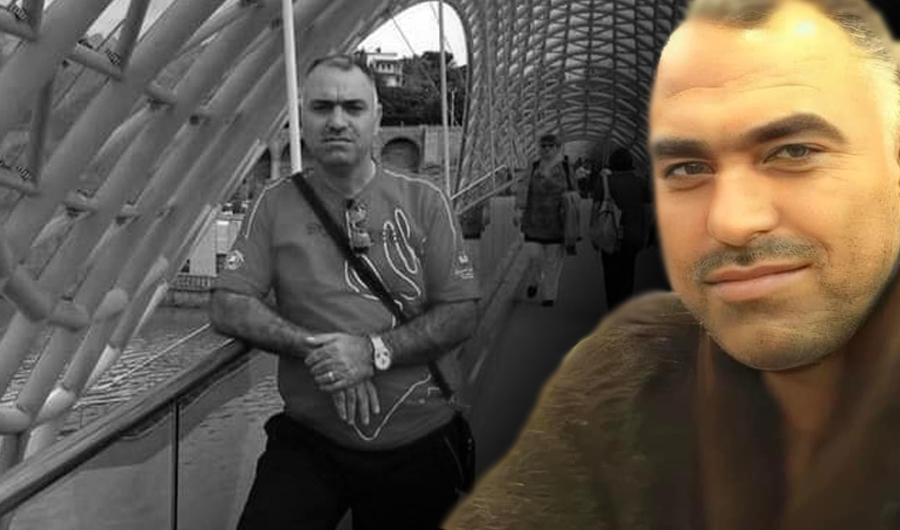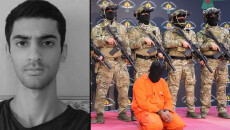The body of a citizen of Khanaqin was found in his car, with bullet marks on the head, neck and body, but the relatives do not suspect anyone and no suspects have been arrested by the security forces.
The incident occurred on the first day of the New Year, Sunday, December 1, 2023 in a street in the center of Khanaqin district, of Diyala province.
"I was informed early in the morning that my uncle was killed and I immediately arrived at the scene. I saw several bullet wounds in his neck, head and body," Mohammed Aasi, the nephew of the deceased, told Kirkuk Now.
The deceased was identified as Fatah Mohammed, born in 1974, who was the director of a state-run gas station in Khanaqin.
“My uncle has been working at the government gas station for more than a year. He went to work at 7:30 am and left at 9:39 am,” Aasi added.
"We don't know why my uncle was killed and who killed him. Even his friends say he never talked about fighting with anyone, but he was a peaceful man.”
The deceased is married and father of four children
A security source in Khanaqin told KirkukNow on the condition of anonymity Mohammed was shot dead in his car.
KirkukNow has been trying to get information on the case through the security forces but the efforts have been in vain.
The body of the director of Khanaqin gas station was buried in the cemetery of Palkana neighborhood after a forensic examination.
His nephew says they are calling on the Khanaqin police and both the Iraqi and Kurdistan Regional Governments to find the suspect.
Khanaqin District, home to 90,000 Kurds, Arabs and Turkmens, Sunnis and Shias, is part of Diyala province and is one of the disputed territories which extends from Khanaqin, on the border with Iran, to the northern oil-rich city of Kirkuk up to Shingal (Sinjar), home to the Ezidi community, in Mosul, in the far west, on Iraq-Syria borders.
Article 140 of the Iraqi constitution stipulates normalization, a population census and a referendum on the status of the disputed territories between the federal Iraqi government in Baghdad and Erbil-based Kurdistan Regional Government KRG, yet it has not been materialized up the preset, leaving the area in security gap, missing basic public services.
Most of the disputed territories were under control of the Kurdish Peshmerga forces up to October 2017, when the Iraqi Security Forces ISF took over control of these territories following the defeat of ISIS.
Unlike Kirkuk and other disputed areas, the KRG Peshmerga forces, the police, and the Asayish (Kurdish security) returned and were stationed in Khanaqin to safeguard some offices affiliated KRG in the district.
Local Iraqi and Kurdish officials affirmed KirkukNow last August the coordination between the Iraqi army and the Peshmerga forces in Khanaqin is considered the main reason for restoring security and stability, after several years of separation, due to post-referendum conflicts and the events of October 16, 2017, which caused the Peshmerga to withdraw from Khanaqin and the disputed territories between Baghdad and Erbil.
A joint center of the army and Peshmerga has been established in Khanaqin and several other disputed areas for military coordination to track the remnants of the Islamic State of Iraq and Syria ISIS.






